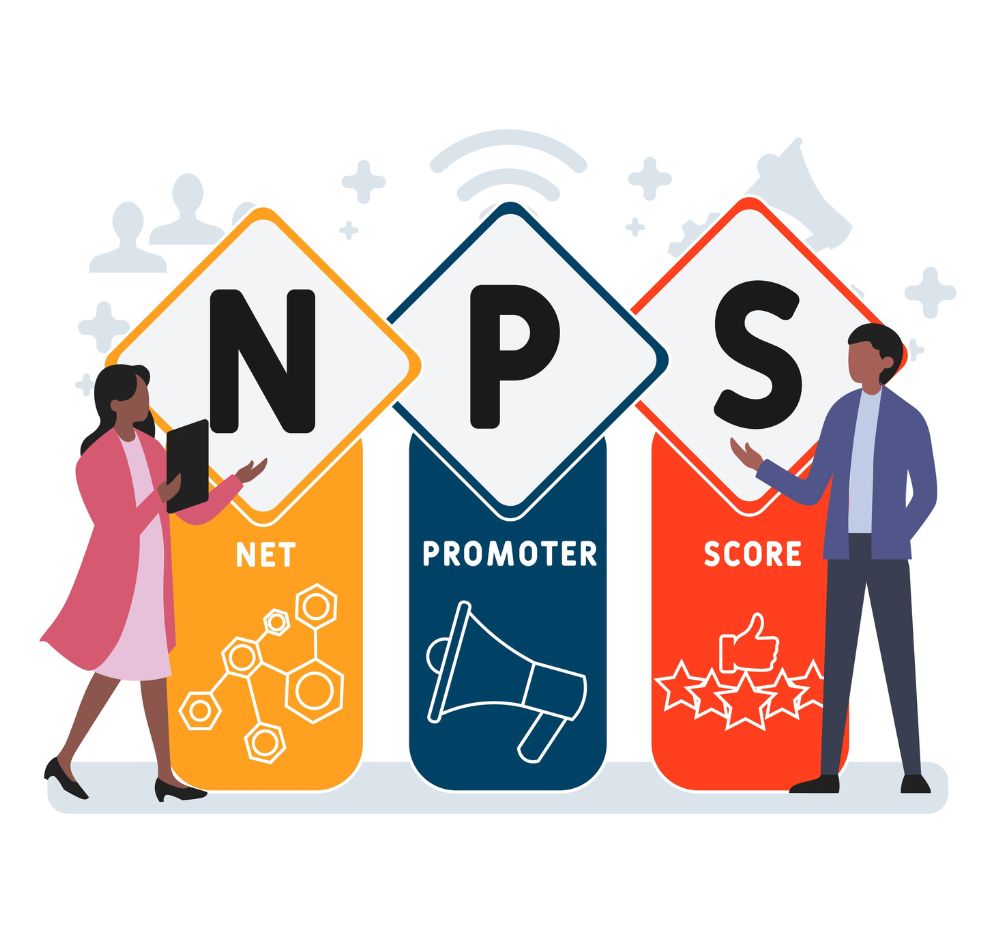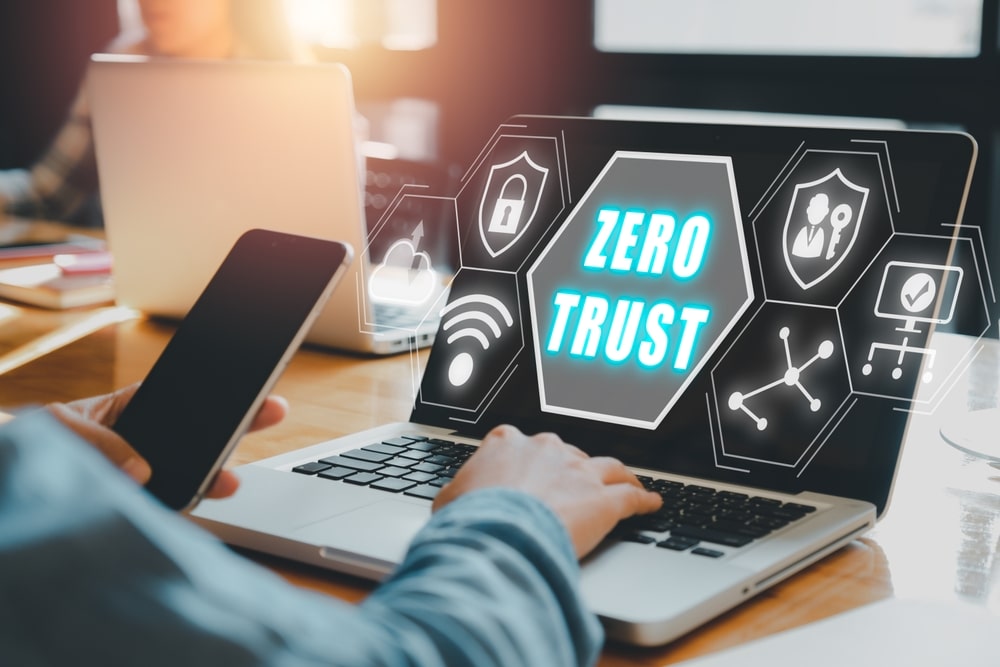As a Scrum Master, are you having trouble keeping your team focused on the task-at-hand and cooperating with each other? Being a Scrum Master is no easy task; however, I have learned that having the right skills makes the job much easier. Throughout my experience, I have found that facilitating good communication among my team members has been the most important part of our success. The ability to listen to others while speaking honestly about any expectations can truly help build team cooperation.
Good Communication Builds Transparency
It is vital that your team remains transparent and honest with each other. And to be honest, it is very hard to do. I have found that when team members are not open with each other, distrust often sets in. BEWARE – when your own teammates do not trust each other – this will become your biggest impediment! To make sure everyone remains transparent with each other here are some helpful tips for you to consider:
- During the sprint retrospective, make sure there is a time for every team member to honestly express their thoughts on what is not working within the team.
- Clearly explain any outside impediments that may be effecting the team and discuss the ways to overcome them.
- Having transparent discussions between the product owner and the scrum team during the sprint planning meetings about what is expected to get done and what can realistically get done will lead to a more efficient sprint.
Good Communication Creates Understanding Within The Team
Creating an atmosphere where every member of the scrum team and the product owner has a common understanding of the goals and priorities is key responsibility of the scrum master. My experience as a scrum master has taught me that constant communication does not equal good communication. Rather aim for real comprehension of what each other is saying. You can improve these skills using certain techniques:
- As a scrum master, you want to communicate with the product owner every day to ensure the priority list is current and that any changes to the list is clearly understood.
- Don’t just know what actions items/stories need to be done – know why they need to be done!
- During the daily stand up meeting – make sure that everyone on the scrum team has a common understanding of what everyone else is working on, why they are working on it and how others can help resolve any impediments. It is good practice to give your team time to ask each other and answer any questions regarding the work to be done.
Good Communication Helps Remove Impediments
Have you ever found that your scrum team’s velocity is declining due to uncontrollable impediments? This is not unique and largely stems from communication problems within the team. To overcome these issues and keep the team working efficiently you may have to do more than you initially bargained for:
- Sometimes you must act as therapist – literally. Some team members just may not see eye-to-eye with others and needs someone to express their thoughts to. Be willing to listen to your co-workers so you can help them resolve their issues.
- Often, outside impediments may force you to learn new systems, policies or may even force you to take on an additional role. Make sure you can effectively communicate to your team any new skills, systems or methodologies you might need to learn – your team may be able to work together to overcome the learning curve.
Comprehensive team discussions will remove and lessen the threat of issues. These are some great ways to minimize the impacts of impediments through the use of great communication skills:
- Meet weekly with your team to identify any risks that may be foreseen. Discuss the potential problems along with any potential resolutions. Good preparation will go a long way!
- Make sure the entire team understands the impediments you have ran into. A good group conversation on the different solutions could convey a wide range of options on how to solve them. The more options to choose from, the better. You never know if someone on your team has a previous experience with a similar problem and dealt with it in an inventive way.
- As a post-project activity, share your experience with any impediments you had with the leadership team so they can know what to expect next time around – and then can gain an idea of how to solve those problems.
Good communication skills are a necessity for a scrum master in keeping your team effective and efficient. I have found that inevitable issues during a project can often bring about distrust and a lack of cooperation in your scrum team. The best defense to these problems will be comprehensive team discussions – the most valuable role you have as a scrum master is to facilitate these discussions. Yet the need for this ability also applies to leadership roles such as a project manager, business architect, or program manager. To learn more about good communication skills, check out Accelare’s blog on the value of good listening skills.











